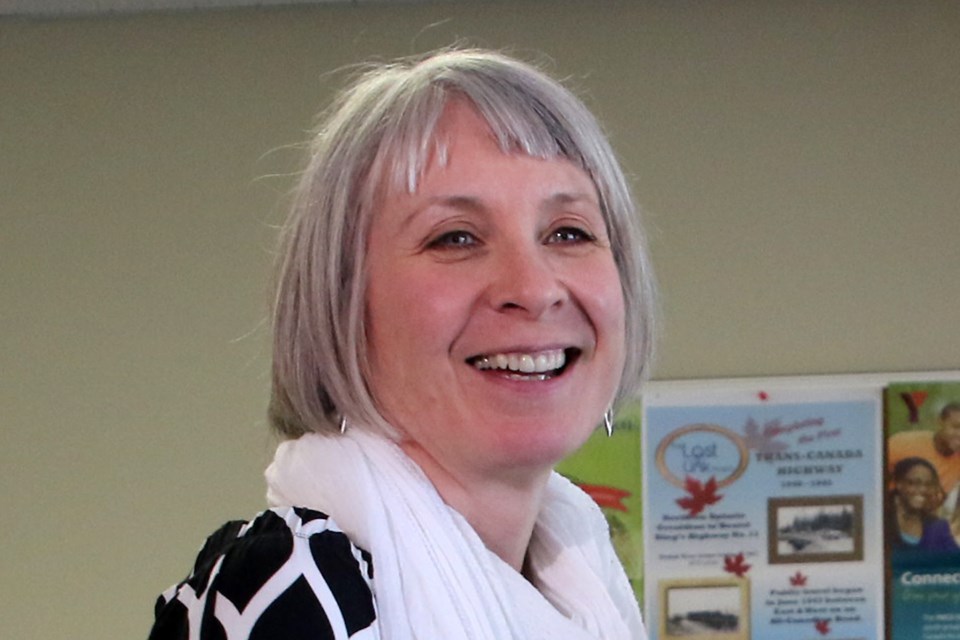THUNDER BAY – More than 40 per cent of Canadians 15 and older have tried cannabis at least once in their life.
That gives the country one of the highest rates of use of the drug in the world. And it’s why local Liberal MP Patty Hajdu says cannabis is nothing new to Canadians.
Last week the federal government’s push to legalize weed received royal assent, meaning recreational users later this year will be able to purchase pot without breaking the law.
Hajdu, who once headed the City of Thunder Bay’s drug strategy, said legalization has been a long-time coming, and while she supports the new law fully, cautioned that it can only work with public education being made a priority.
“I think from our perspective, there’s a lot of work to do in terms of education with Canadians around consumption and the risks and safer consumption practices,” Hajdu said. “But this is something I think we’re committed to doing and something I think we should be talking about in general about all substance use.”
Prime Minister Justin Trudeau made it a priority to legalize cannabis, which was criminalized in Canada in 1923, making the country one of the first in the world to make it an illegal substance, 14 years before the United States followed suit.
Trudeau had originally planned to make it legal again on July 1, but delays with approval in the senate pushed the schedule back.
Hajdu said it just couldn’t happen overnight.
“There’s still a lot of work to do to be prepared for the access of regulated cannabis. Provinces and municipalities are working diligently to make sure they have appropriate bylaws and distribution mechanisms,” she said.
In Thunder Bay, an Ontario Cannabis Store is scheduled to open in a mini mall located adjacent to the Real Canadian Superstore.
Hajdu said she’s confident Canadians are ready for legal weed, adding it also keeps it out of the hands of teenagers.
“It isn’t a new drug to Canada. The change is it will be a regulated regime and that means it will be more difficult for young people to access,” Hajdu said, noting that in consultations with young people while putting together the city’s drug strategy in 2011 was how widely available pot was in local schools – more so than alcohol.
“They could buy it from the kid next door that was selling it out of their locker. They could buy it on the street, oftentimes they could buy it from extended family members. There was no problem. It gets more complicated in a regulated regime, for young people to access substances.”
Cannabis is expected to become legal for sale in Canada on Oct. 17.
